The Spy Group Targeting Americans
An inside look from one of their victims
On a summer morning in 2019, Zelimkhan Khangoshvili was walking down a wooded path in central Berlin, on his way to pray at the local mosque. It was lunchtime, and the park was filled with the sounds of children playing as their parents looked on.
As Khangoshvili walked, a man rode up behind him on a bicycle, pulled out a gun, and shot him in the back.
The bicyclist dismounted, and while the families on the playground looked on, he shot Khangoshvili twice more in the head using a gun equipped with a silencer.
This wasn’t the first time Khangoshvili had been targeted for death. He was an army commander who fought against Russian troops in the second Chechen war nearly 20 years prior, a fact that Russia did not take kindly to. In 2006, Russia resumed a Soviet-era practice of legalizing killing people abroad who were considered “terrorist threats” to Russia. Since Khangoshvili had once fought for Chechen rebels trying to secede from the Russian Federation, he was targeted by the Kremlin. They were judge, jury, and executioner. And Khangoshvili’s sentence was death.
After killing Khangoshvili, the assassin rode away, stopping near the Spree River. He pulled off a wig, exposing his bald head. He shaved his beard with an electric razor and changed his clothes, then tossed everything, including the bicycle and the gun, into the river. Witnesses called the police, who confronted him before he could catch his return flight to Russia.
The assassin, Vadim Krasikov, denied murdering Khangoshvili, but Germany found him guilty of the crime in 2021 and sentenced him to life in prison. German authorities and judges said he acted on orders from Russia, who gave him a fake identity and the resources to carry out the murder. Khangoshvili’s death furthered the rift between Russia and Germany, who began expelling each other’s diplomats.
It was later revealed that Krasikov was an officer in the Federal Security Service, or FSB, the modern-day version of the KGB. Krasikov became known as Russian President Vladimir Putin’s hitman, and Putin was livid that Krasikov was now imprisoned, ostensibly forever.
Putin decided to do whatever it took to get Krasikov out of jail.
This included arresting American citizens who were in Russia, including professional basketball player Brittney Griner in 2022 and Wall Street Journal reporter Evan Gershkovich in 2023. Perhaps, Russia reasoned, if they imprisoned sufficiently valuable people, they might be able to use that as leverage to secure Krasikov’s release.
In August of 2024, Russia’s efforts paid off. Gershkovich and Krasikov were both released as part of the largest prisoner swap between Germany, Russia, and the US since the Cold War.
As Krasikov deplaned in Russia, Putin greeted him with a hug.
Wall Street Journal reporter Evan Gershkovich, now back in the United States, is writing again. He says that he never stopped reporting, even from behind the bars of one of Russia’s most notorious prisons.
According to a new report authored by Gershkovich and his colleagues, a shadowy Russian counterintelligence organization, called DKRO, has become increasingly important to Putin’s regime, and it is “plunging Russia into its biggest wave of repression since the demise of Joseph Stalin.”
DRKO, the reporters say, is the reason Putin has been able to squash opposition across the vast landmass of Russia, and create what the United Nations has called an atmosphere of political persecution “unprecedented in recent history.”
Who is Evan Gershkovich?
The son of Russian immigrants who immigrated to the US during the Cold War, Gershkovich lived in Russia for more than five years on a work visa. Hired by The Wall Street Journal in February 2022, right before Russia invaded Ukraine, Gershkovich was fluent in Russian, and had full press credentials from Russia’s foreign ministry. He was arrested on March 29, 2023 while eating at a steakhouse in Yekaterinburg, a city located about 900 miles east of Russia’s capital.
He was locked up in Lefortovo, a prison known for being the holding place of those accused of spying or espionage. It has a dark history of torture and executions during Stalin’s rule.
Russian prosecutors accused Gershkovich of being “under instructions from the CIA” to collect “secret information” about a factory that produces weapons, including tanks, in the Sverdlovsk region of Russia. He was charged with espionage, becoming the first American to face that charge in Russia since the Cold War.
The US government, Gershkovich, and The Wall Street Journal said the Russian charges were baseless and vehemently denied he was spying, or doing anything other than his work as a reporter. The WSJ has called the trial “shameful” and a “sham.” Gershkovich was put on trial, but the hearings were private and Gershkovich’s lawyers couldn’t speak publicly about the case because it was classified.
He was found guilty in July of 2024 and sentenced to 16 years in prison.
DKRO gains power
While Gershkovich was behind bars, he saw the true colors of DKRO, which had gained power and prominence since Russia invaded Ukraine in 2022. At the outset of the Ukrainian invasion, Putin believed he would take over Kyiv, Ukraine's capital, in two days. But his troops have never gotten close, and the war rages on, nearly three years later. After the Russian military failed to quickly conquer Ukraine, DKRO blamed Russia’s Defense Ministry and cleaned house. They accused dozens of officials of corruption and sent them to Lefortovo.
Since the war in Ukraine began, DKRO helped fill the prison with average citizens as well. In an effort to stoke a culture of fear, they ordered the arrest of hundreds of Russians, accusing them of collaborating, treason, or spying on their own country. So many people were jailed, Gershkovich said, that Lefortovo needed to double their staffing.
It was also at Lefortovo that Gershkovich was told he was in prison because of DKRO. All they needed to do was say the words “He is CIA,” and that was enough to lock him up.
The Wall Street Journal identified Lt. Gen. Dmitry Minaev as the head of DKRO. WSJ reports Minaev “has a hands-on role in selecting…Americans to arrest, and which Russians to trade them for.” Gershkovich even remembers seeing Minaev on the day of the prisoner swap.
The message in Russia has become: all foreigners are enemies and none can be trusted. Mikhail Kasyanov, who worked as Putin’s Prime Minister during his first term but has since become an opposition leader, told The Wall Street Journal, “Because foreigners are now enemies, we always have to catch them, or make them up.”
And DKRO was put in charge of two tasks: Monitoring Americans, including diplomats and businessmen, and finding enemies at home, especially those who sympathize with Ukraine.
In an effort to stoke this culture of fear, DKRO has used techniques like killing pets, following the children of diplomats around, and flattening the tires of embassy vehicles. American officials stationed in Russia have to receive special DKRO-related training, with one rule underpinning everything: “There are no coincidences.”
DKRO has even begun recruiting on foreign soil, including kidnapping foreigners who cross border checkpoints in an effort to scare them into spying on their country of origin on behalf of the Russians.
As if Putin weren’t sufficiently Stalin-esque, he’s created a committee to look for spies within the counterintelligence agency that looks for spies among average Russian citizens.
Why is this important to know? Because it directly impacts US foreign policy. Russia is one of our largest adversaries, and knowing what your adversaries are capable of and currently up to is an important part of understanding the world.
But DKRO is also impacting Ukraine – reporting already indicates that they are planning things like sabotaging railways and assassinating Ukrainian officials. NATO, an important military alliance that the US belongs to, has committed to helping Ukraine become a member in the future, and the future of the United States is impacted by what happens in this region of the world.



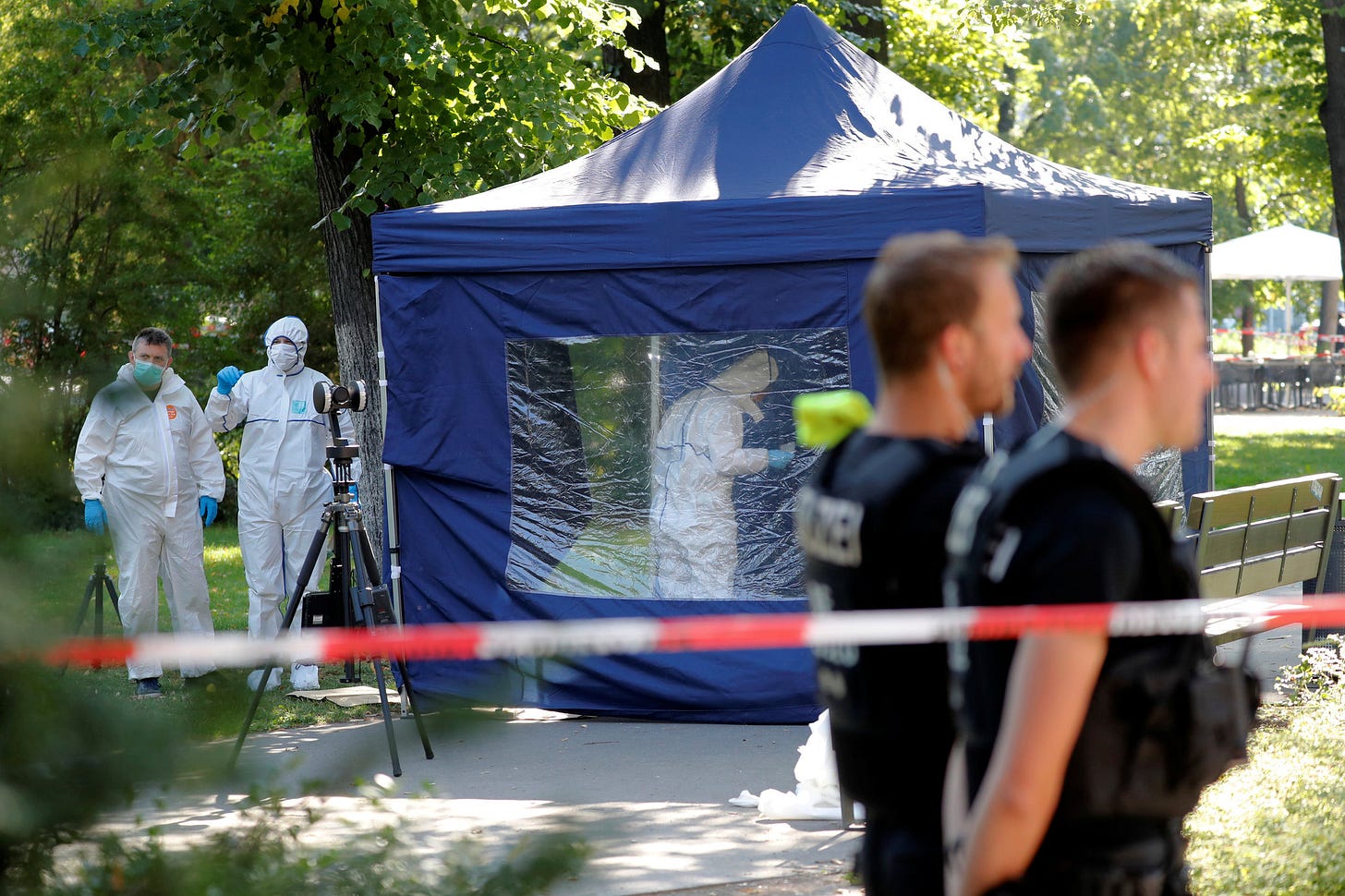
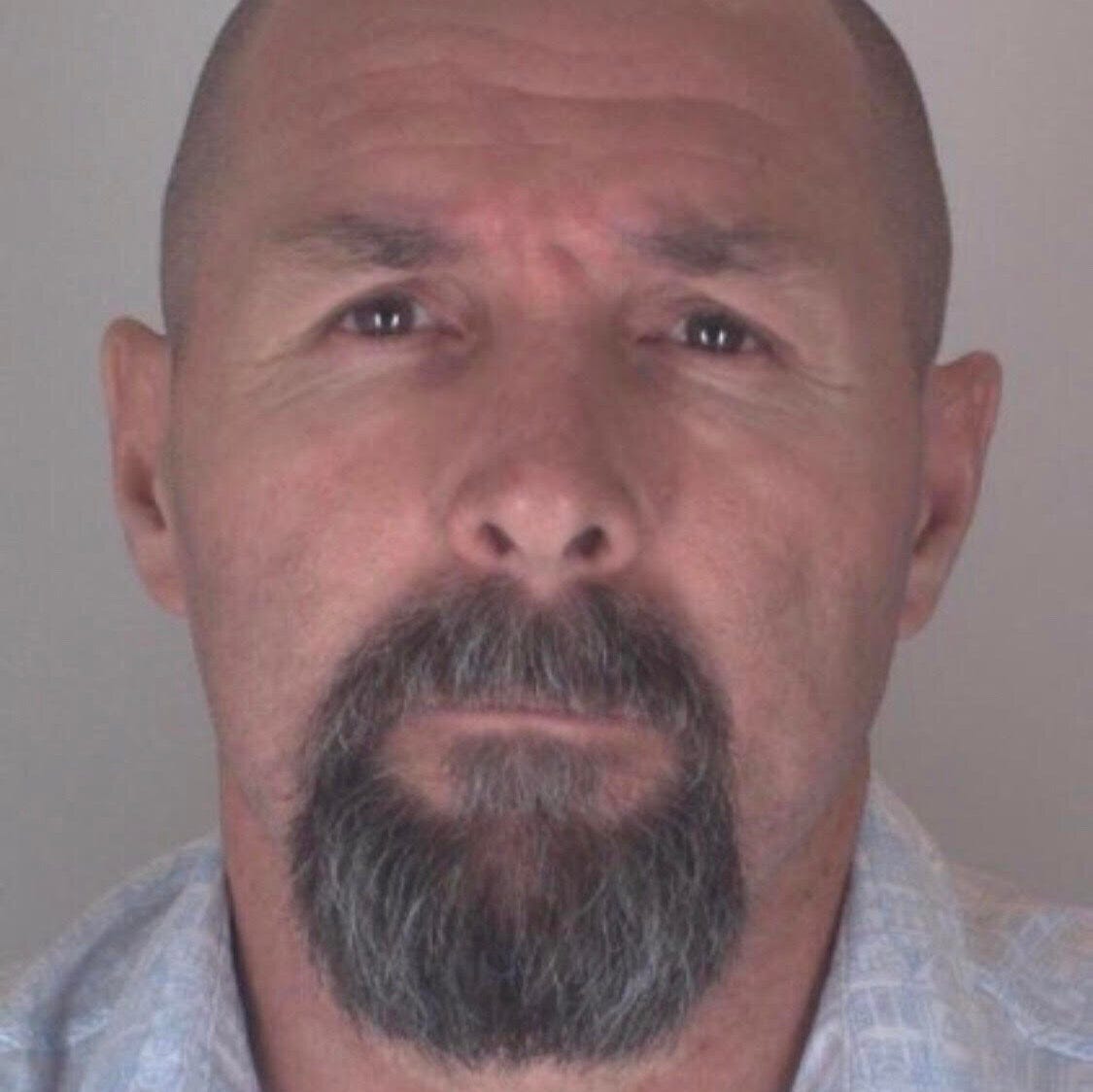
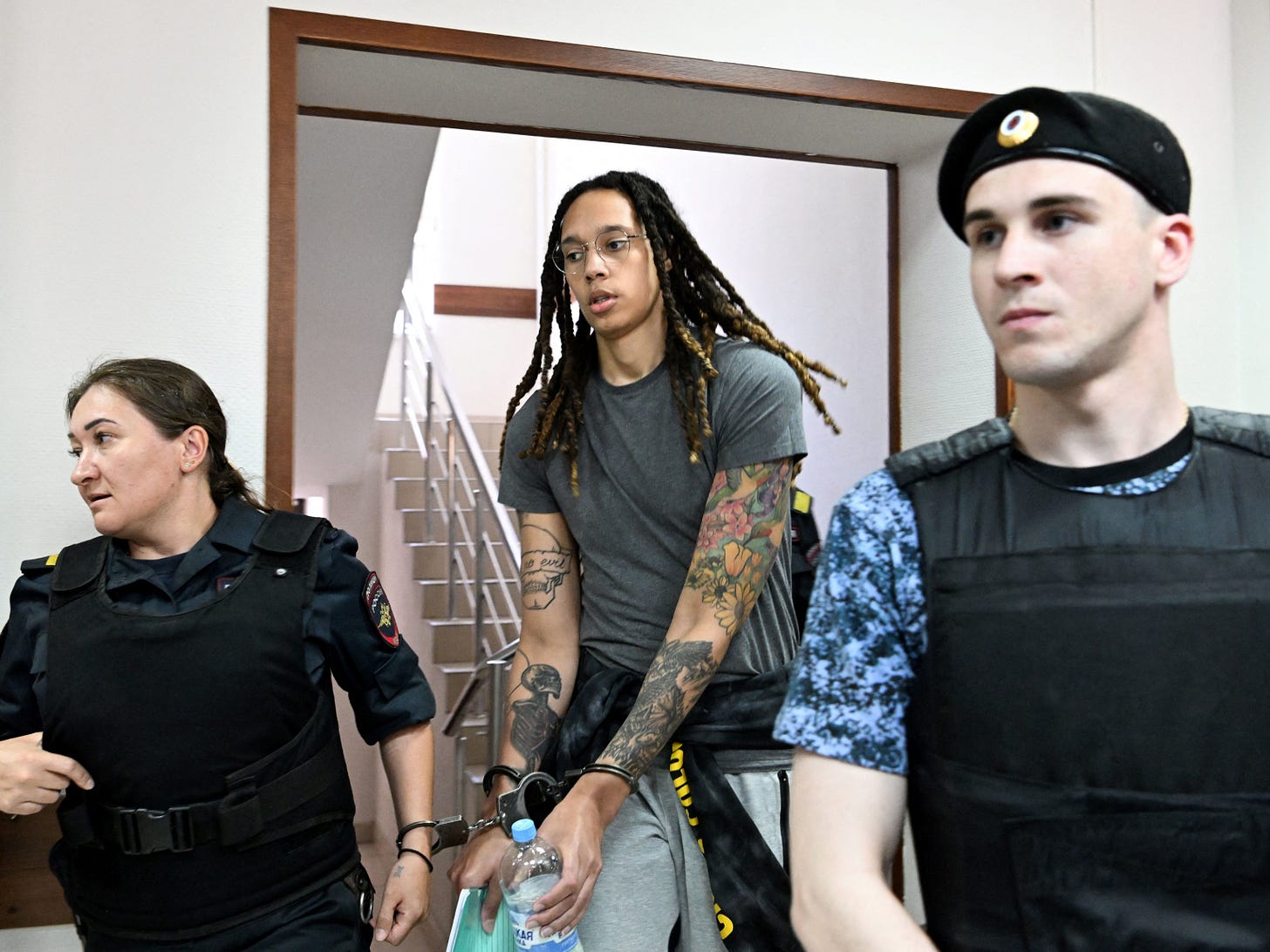
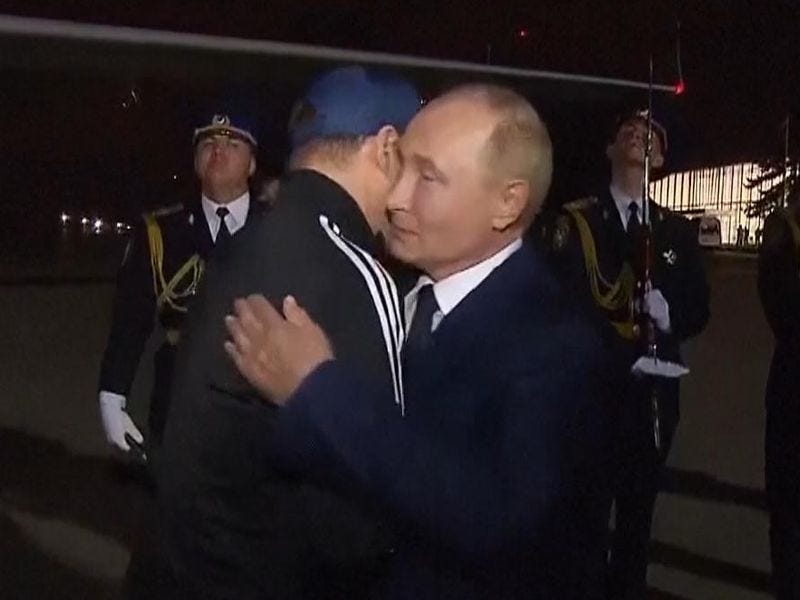
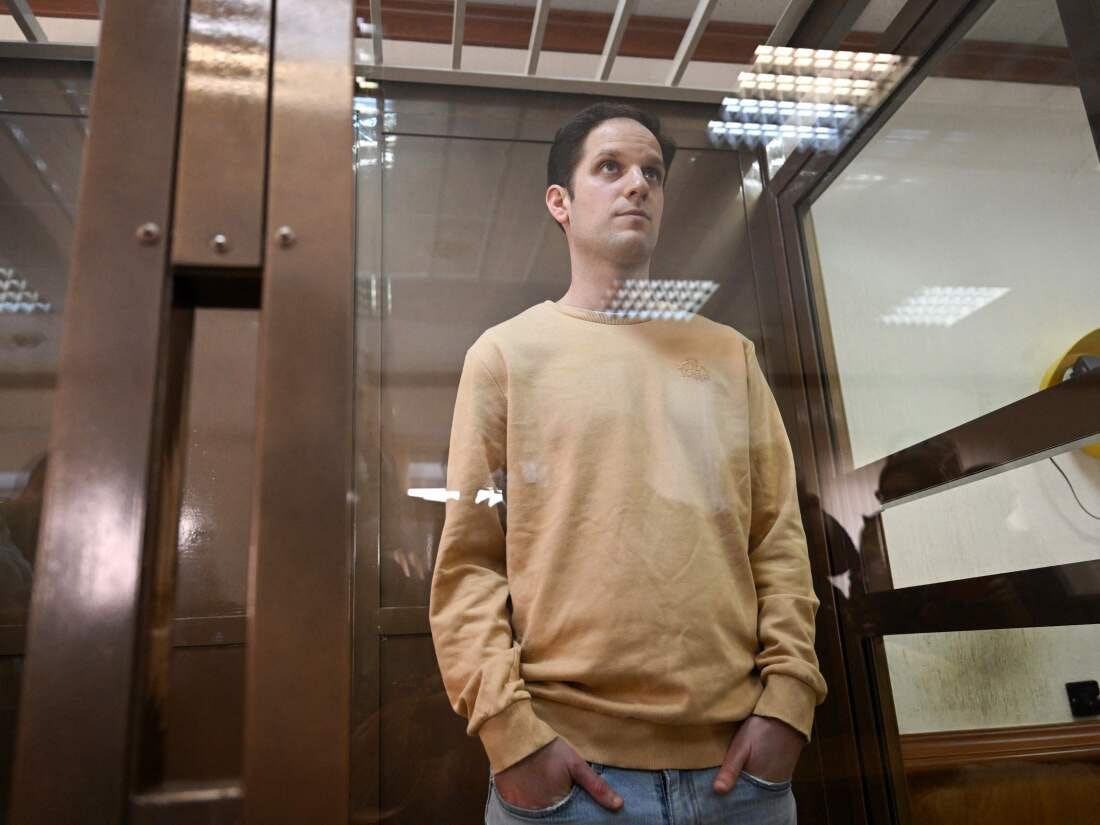
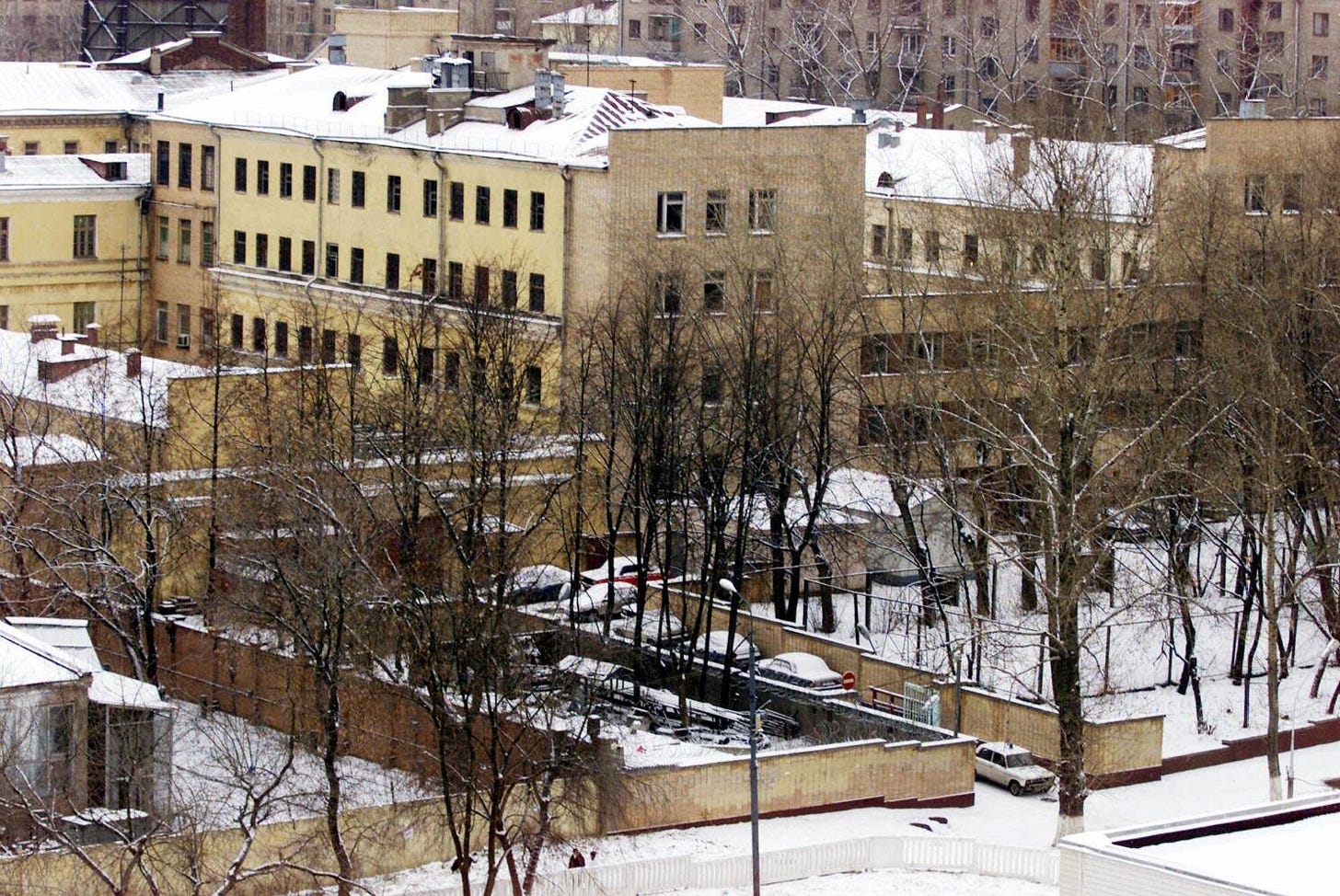
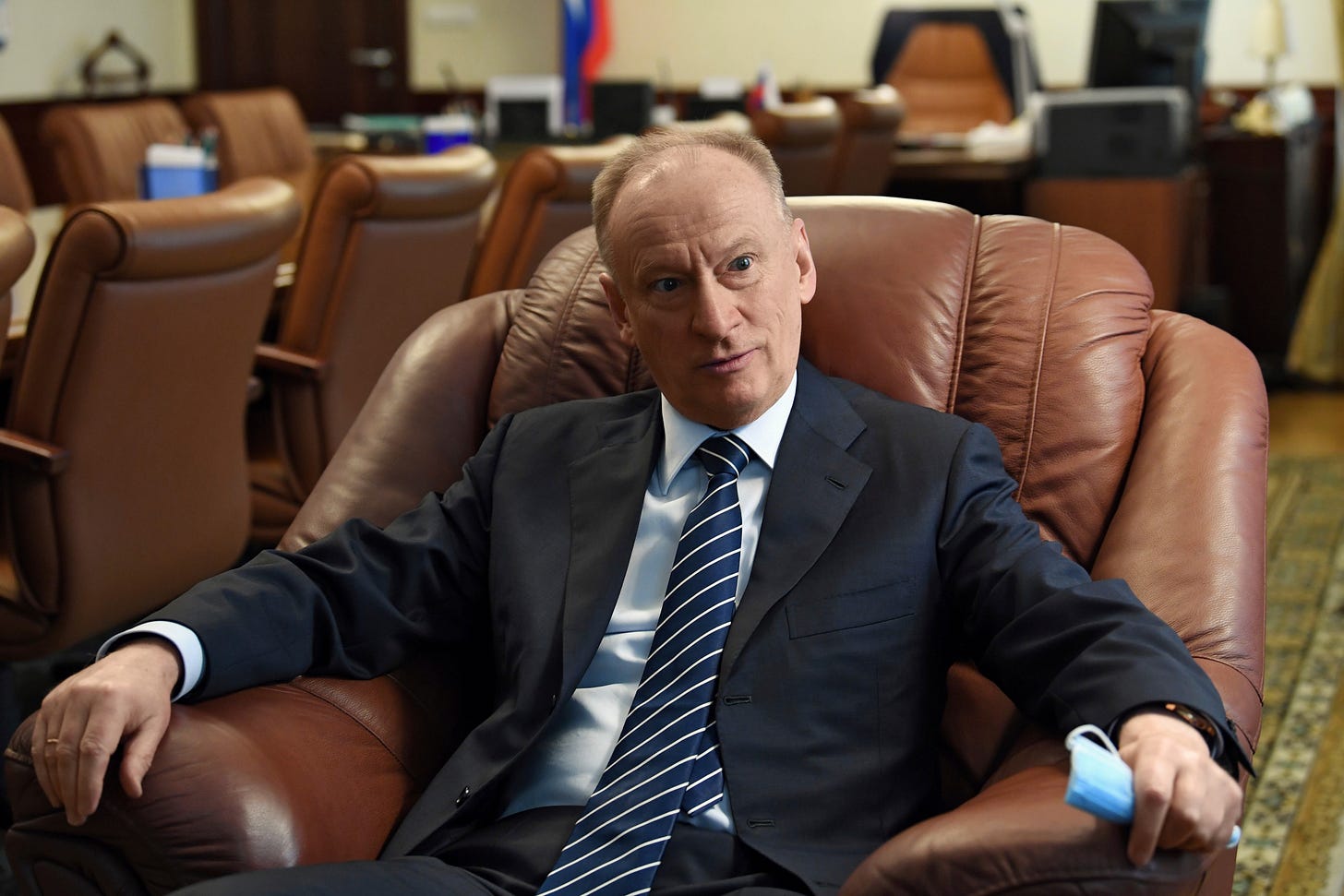
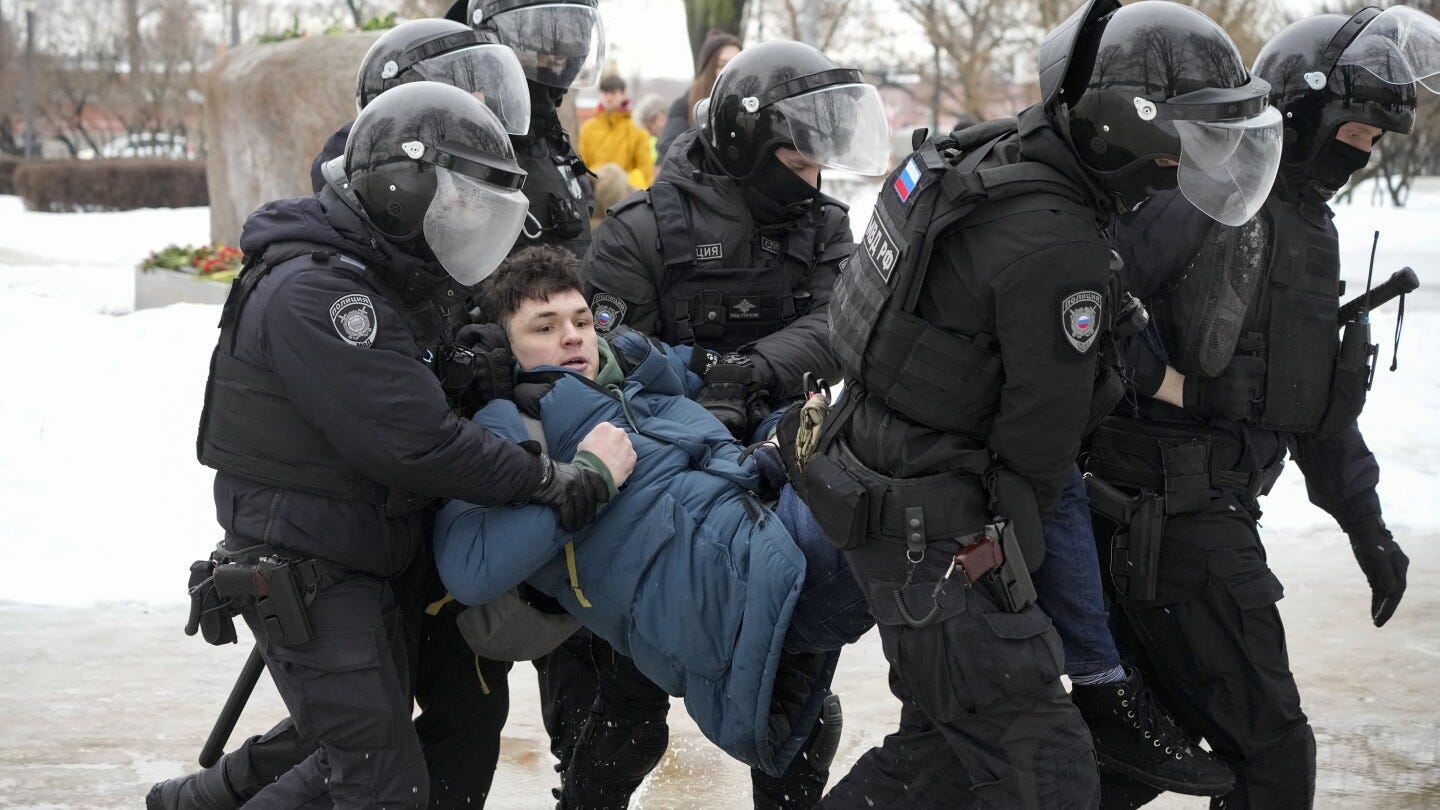
"the future of the United States is impacted by what happens in this region of the world"
This is a really important note to end on, because no matter what we decide to do or not to do outside of our borders (and there is a robust discussion to be had there!) we don't get to opt out of how that affects us, our economy, our national security, etc.
This was a very important article and I cannot understand why it was not a much larger story in our news at the time.
Also- it makes me wonder about the network of people in our own government that might be victims of this- as well as those who might be partners.